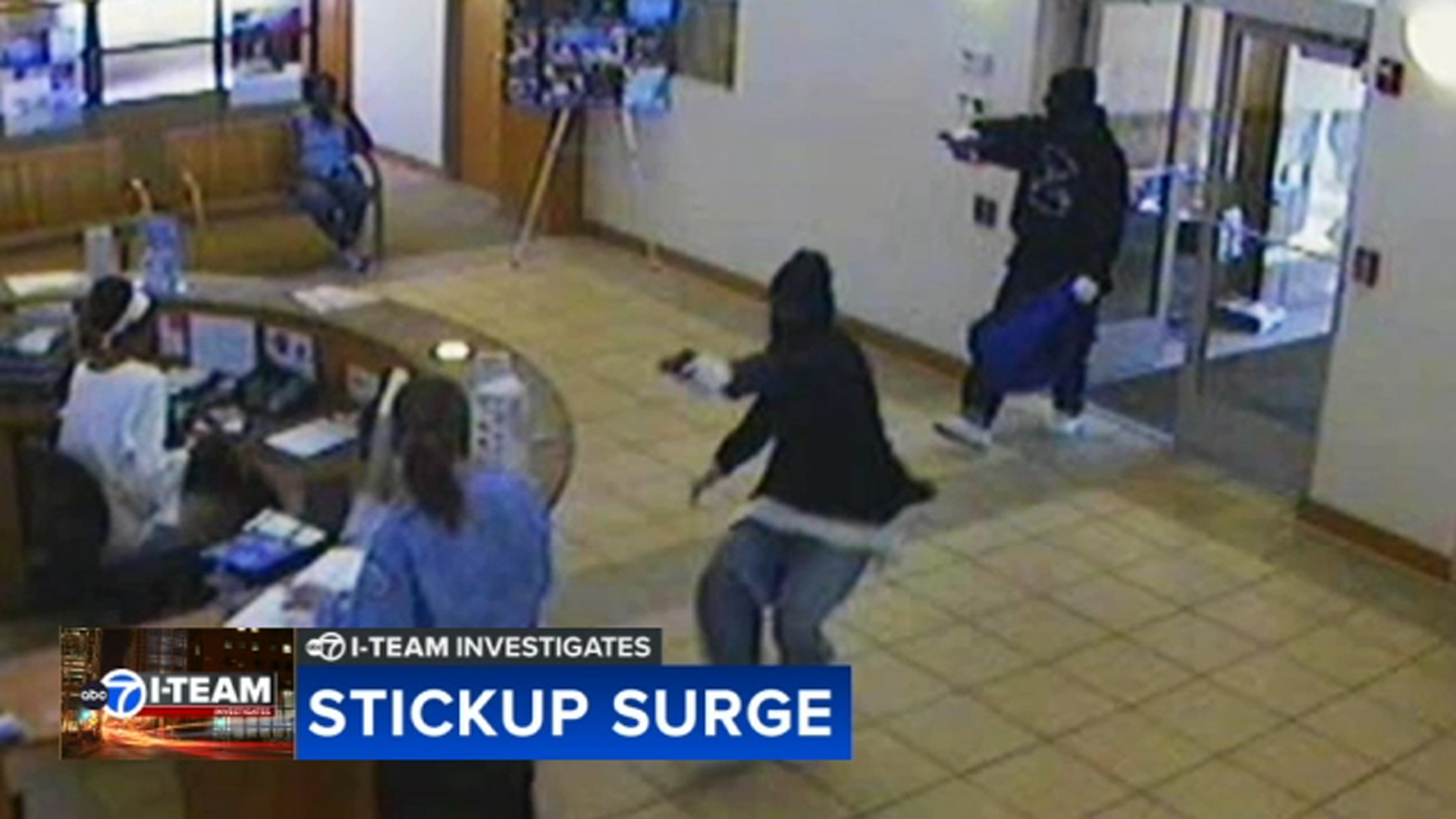Little City offers housing, education for those with autism

PALATINE, Ill. (WLS) -- More than 50 years ago, a group of parents joined together to purchase farmland to develop a home away from home for children with special needs.
All these years later, the campus is literally a Little City, complete with housing and comprehensive programs and services for children and adults.
As diagnoses of autism continue to rise, Little City is expanding its offerings in both housing and education. The agency is using the latest research to tailor them specifically for children on the spectrum.
Students at Little City's Childbridge Center for Education get one-on-one instruction in life skills and vocational labs. With 90 percent of the students diagnosed on the autism spectrum, the newly renovated school is specially modified to accommodate their needs.
"We knew that the school was going to expand and eventually grow beyond the four classrooms that were originally slated for the school and so based on that, we carried that thought process and that design in that research into this build-out," said Carrie Dean, administrator, Childbridge Center for Education.
A few examples: the walls are painted an anxiety-reducing shade of green with an attention-grabbing orange stripe. Curved walls help with focus and traffic flow. A sensory room provides calming stimulation for students who need a break in their day.
"We've also invested very heavily in the personnel. So from occupational therapists, physical PT specialists, special education teachers, art therapists, it has a very robust well-staffed school program," said Shawn Jeffers, executive director, Little City Foundation.
Students who live on the sprawling 56-acre campus have just a short bus ride to new group homes for children ages 6-22. Each student has his own bedroom. There's also a sensory room to help with mood. Two of the six planned residences are open while administrators raise capital to build the others.
"We rely heavily on strong corporate partnerships, volunteerism and of course, donated dollars," Jeffers said. "We can't do this without the support of community. Government can't do it alone. It needs each of us to step up and get involved and help meet the needs of both children and adults with intellectual and developmental disabilities."
Little City expects to break ground on the third children's group home in November of this year.
For more information, visit: www.littlecity.org.





